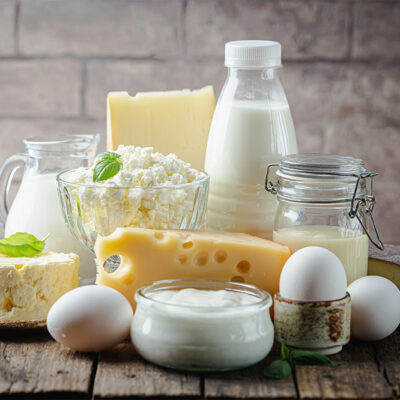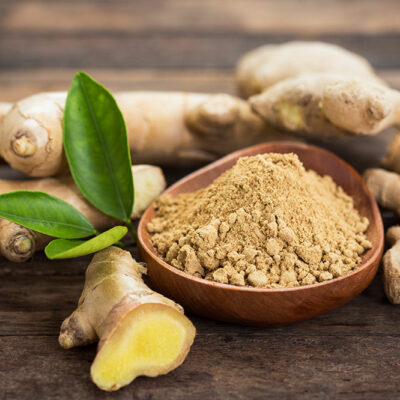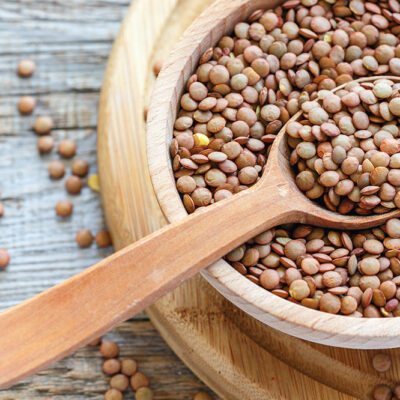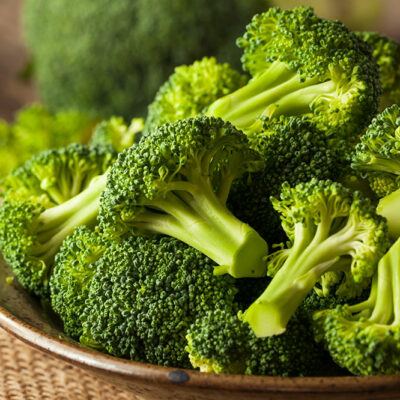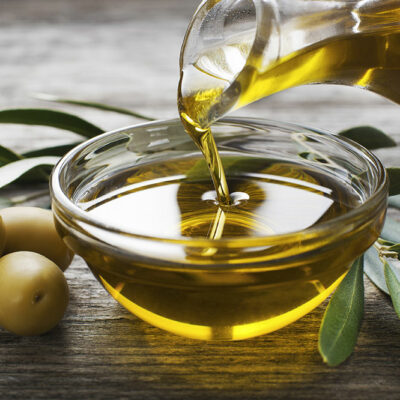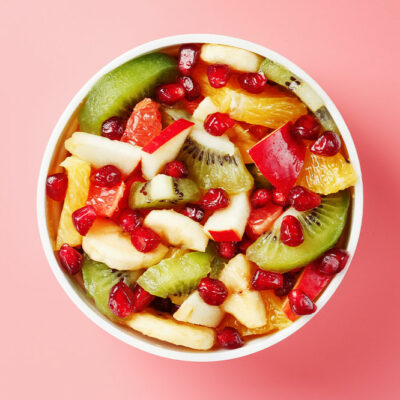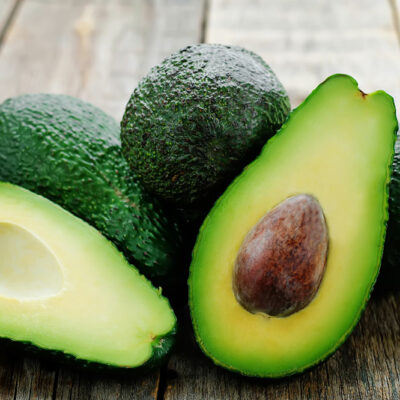
8 foods that help control blood sugar
Diabetes or high blood sugar can be effectively controlled if a proper daily diet is followed. Paying attention to food habits will not only keep a control on the blood sugar but also develop overall healthy weight. A balanced diet is often suggested by dieticians but not many understand the need for the same. If a person is suffering from diabetes, one thought tends to constantly remain in our mind and that is how to control blood sugar. Here are 10 best food items that are popular, easily available, and perfect for controlling blood sugar. Take a look! Vegetables are perfect for controlling blood sugar We all know that vegetables are an important part of everyday meals and diet plan. Including vegetables in the meal helps to keep us fit and healthy. Not only does eating vegetables healthy for a maintained body weight but also for controlling high blood sugar. It is advisable to include all kinds of vegetables in your diet but ensure to choose vegetables that are low in carbohydrates. You can try having mushrooms, tomatoes, sprouts, and onions, to name a few. Try adding more flavor to your meal by seasoning the vegetables well. Broccoli for a healthy heart Often recommended by doctors for people suffering from high blood sugar, broccoli is considered one of the best food items when one is looking to control blood sugar.
Read Article 